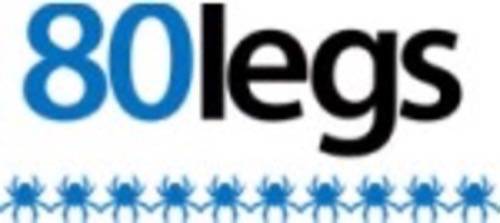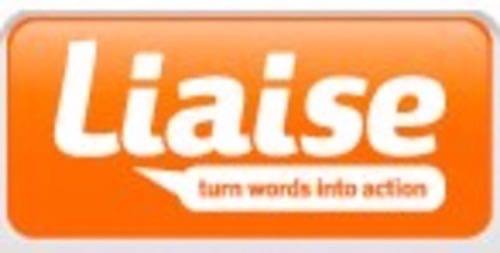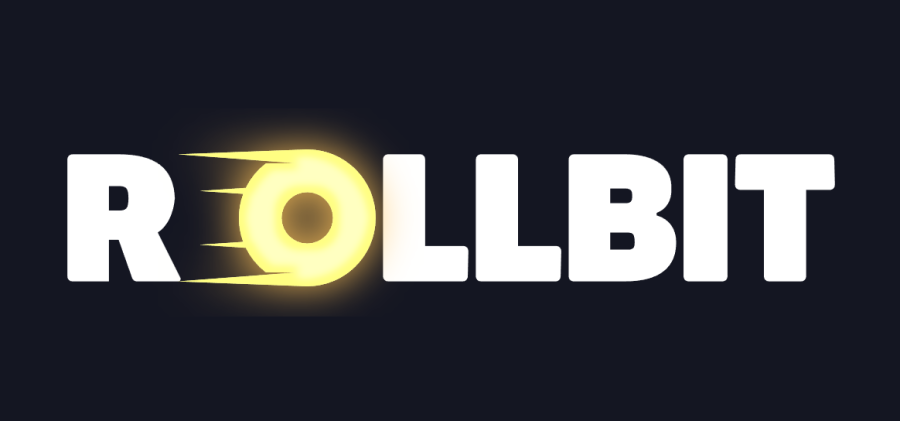Now that the DEMOfall 09 conference has wrapped, we can look back to see which companies have the most potential out of the 70+ exhibitors. Despite what the DEMOgod awards crowned as king, we can’t say we agree with the judges’ every pick. For example, award winner DateCheck from Intelius, a mobile app that lets you search for dirt on that new guy or gal you’re seeing, had one of the best onstage demos of the week. However, they don’t deserve to be in a “best of” list because the app is really just a front for Intelius’s paid (and sketchy) background checking service. That being said, there were still plenty of companies worthy of notice at this fall’s conference.

Which companies did we think made the grade? Read on to find out.
80Legs
80Legs, a web crawler service, publicly launched at DEMO. For a small fee, anyone can rent out this “mini-Google” to do their bidding. A number of markets will be impacted by making web crawling an affordable option, including media analysis, IP protection services, market researchers, and more. In addition, the company announced a new “app store” concept that lets developers build and share applications that run on top of the service. Now, not only is web crawling itself made simple, but also what you want to do with it.

Read more: 80Legs: A Web Crawler as a Service
Cortera
The best way to understand Cortera’s potential is to read the tweets about it. People were calling it “dull” and “unsexy,” but also “smart” and “addressing a real need.” Essentially, what this B2B service wants to do is reinvent credit reporting. By combining traditional credit data like what Dun & Bradstreet offers with crowdsourced payment experience reviews from Cortera members, the company offers a modern and much less expensive option for small business owners. The end result is that mom-and-pop shops will have access to the same business intelligence that previously only large companies could afford.

Read more: Cortera helps you see whether small businesses are credit worthy (VentureBeat)
Twirl TV
Twirl TV initially looked like a Hulu competitor, considering that its focus is delivering online streaming TV to your PC. However, where Hulu is a joint effort from media companies NBC Universal, FOX, and ABC to put their TV shows on the net, Twirl TV is simply a search engine for what’s already out there. That means that you can use the service to find all the TV content on Hulu along with the streaming media from companies like CBS who have yet to participate in Hulu, choosing to keep their content on their own site. While that alone makes Twirl TV an interesting alternative for online TV watching, it’s the focus on “social TV” which really makes Twirl TV stand out. Like a social network for TV viewing, you can share episodes with friends, see what others have viewed, and discover new shows. If that doesn’t interest you, then maybe you’re just not in the right demographic. Twirl TV claims they don’t care about anyone over 25 – they’re marketing only to today’s digitally connected youth.

Emo Labs
Emo Labs had the honor of walking away with not one, but two awards from DEMO: a DEMOgod award and the people’s choice award from IDG which gave the winners up to $500,000 of free advertising. They certainly deserved it. When chatting among fellow attendees about their favs, Emo’s name kept coming up. While not the sort of tech we typically cover here at ReadWriteWeb, Emo Labs has created something incredible. Their “invisible” speaker systems made out of clear, thin sheets of plastic can be overlaid on TV screens where they vibrate to produce sound. Unbelievably, the sound is actually sharp, crisp, and clear. Currently, the technology is more expensive than traditional speaker systems, but that’s always the case with new hardware it seems. One day, though, we may see external speakers as relics from the past and we’ll have Emo Labs to thank for that.

Liaise
It wasn’t just hype when we proclaimed Liaise to be “possibly the coolest email add-on ever.” This smart tool automatically extracts information from the content of your emails and creates “to do” lists when it finds items requiring action. You can then manage these items right within your inbox where Liaise provides summaries, reports, and even calendar integration. For now, Liaise only supports Outlook users, but that makes sense given its enterprise focus. While inbox management services aren’t always the sexiest of technologies, either, it’s an area that undoubtedly needs the most help. The people must agree, too, since Liaise won the other IDG media prize for best enterprise product.






















